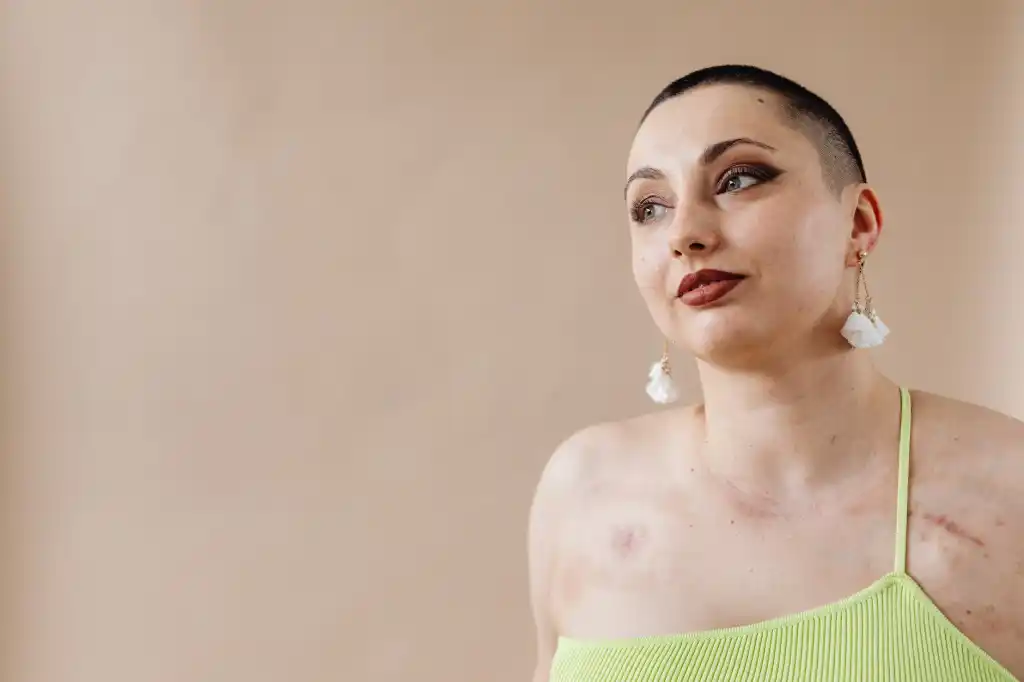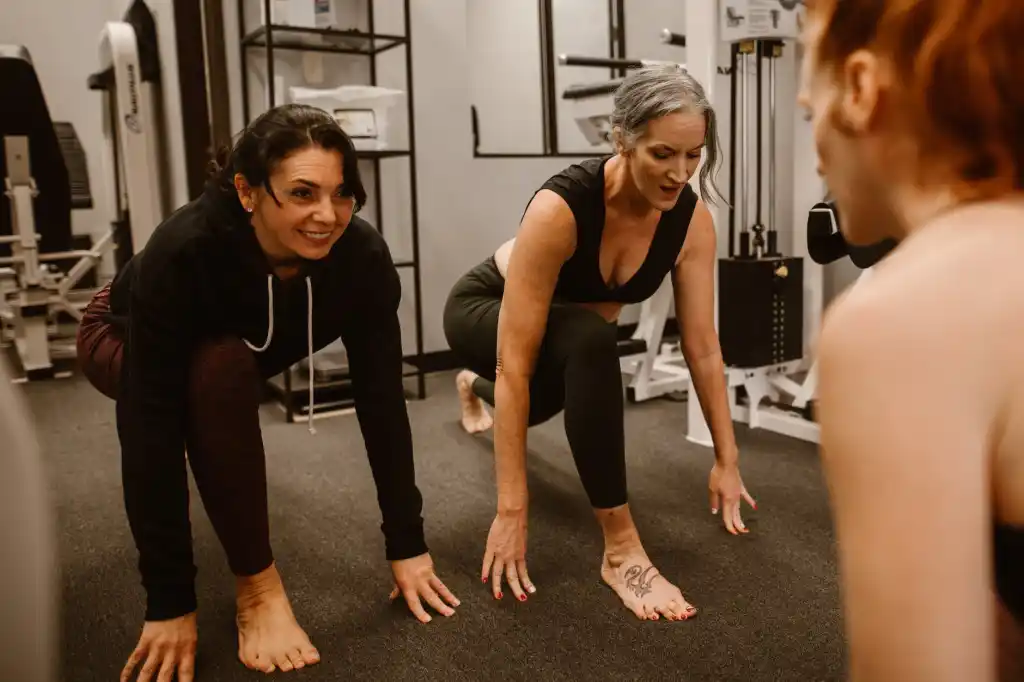I began my acupuncture studies wanting to focus in queer health, and this continues to be the focus of my practice. Having experienced my share of discrimination from healthcare providers–mainly from gynecologists–due to my sexuality and gender identities of my partners, I wanted to be able to serve my community better. I knew that my trans loved ones had faced even worse discrimination and ineffective care.
Because of my experience with horrible cramps, super irregular cycles, heavy bleeding, and month-long pelvic pain; menstrual health and hormone regulation were immediately interesting to me. I had experienced so much homophobia, and also just straight up dismissiveness, from gynecologists that prevented me from getting a diagnosis or the care I needed. I wanted to create a space for my patients who were dealing with similar problems, both in terms of symptoms and in terms of discrimination from the healthcare system.
I’ve done so much research in this area in order to have answers for my patients: what their options are, what to expect, how I can help, what they can do at home. I wanted to create a space where patients could come and know they would be heard, understood, and cared for. I wanted to be able to support all of my patients with reproductive and sexual health and hormone regulation, regardless of their gender identities or if they were medically transitioning. I sometimes think that the most important thing I do for my patients is simply be there, seeing them, listening to them, and understanding where they’re coming from. Simply creating a safe space is probably the most important thing my practice does.
After I had my surgery, which confirmed my diagnosis of endometriosis, I learned how difficult recovering from surgery can be, and how supportive acupuncture can be of that process. Because of this, and everything I subsequently researched and learned, my practice has evolved towards having a specific focus on supporting patients through gender affirming surgeries. Acupuncture is so helpful for reducing pain and swelling after surgery, easing constipation, promoting healing, reducing scar tissue, and improving function and sensation. Especially as most surgeons don’t do follow up with their patients, providing post-surgical care can have a huge impact on patient recovery times and making sure that you’re on track with your healing.
Through my extensive research on endometriosis, I also learned more about pelvic pain and pelvic health. All that I’ve learned is applicable not only to cisgender women with endometriosis, but to everyone with a pelvis. So many things in our lives can impact our pelvic floors, potentially causing serious pelvic pain, pain with bowel movements, pain with penetrative sex, pain with urination, pain with sitting, and more. Pelvic health after vaginoplasty, metoidioplasty, and phalloplasty is especially important. Working on the pelvic floor before and after these surgeries can do wonders for increasing function and sensation, reducing scar tissue and pain, and speeding healing.
I also learned that it’s not only cisgender women who have endometriosis. Trans men, of course can have endo as well, and it can even persist after they start taking testosterone and stop having periods. It can even persist after hysterectomy, especially if the ovaries are not removed, but even if they are removed endometrial implants may still be present and can respond to low levels of estrogen that are naturally produced by the adrenal glands (connected to the kidneys, present in every sex, and not removed during gender affirming surgery). Plus, we now know that cisgender men can have endometriosis. Studies of cisgender men undergoing estrogen therapy for prostate cancer have shown several cases of endometriosis, likely caused by the estrogen they were taking (read Ask Me About My Uterus: A Quest to Make Doctors Believe in Women’s Pain, by Abby Norman, for more on this). This implies that trans women, too, can have endometriosis, especially if they are taking estrogen. This is not just a menstrual disease and it’s not just a women’s disease. It’s a disease that can potentially effect everyone and every provider should know how to diagnose and treat it.
I think it’s natural that my health and my practice should be intertwined. I’m constantly learning and researching about my own health, and constantly learning and researching for my patients. All of this information builds on itself and my empathy for patient’s suffering and experiences in the medical system make me a better practitioner. I’m especially grateful to have such an amazing lineage of medicine backing me up. The best thing about acupuncture and Chinese Medicine is that, even for chronic incurable diseases, there’s always something you can do to make someone’s life better. There’s always something we can do to help our patients live happier, healthier lives.
Acupuncture is a holistic medicine. Even if I’m just supporting patients through surgery, I’m still addressing their overall health. Even if I’m just supporting a patient’s hormones as they start hormone therapy, I’m still keeping them in balance with what healthy means for their bodies at that particular point in time. It is a holistic system, tailored to a patient’s constitution and that’s why it works so well. We don’t just throw the same treatment at every patient with the same condition. Everyone’s healing plan is unique, just like each person is unique.
At Prism, we don’t make assumptions about what ‘healthy’ means for your body. We don’t expect your body to be any certain way based on your identity or how you look or your name or pronoun. We see you for who you are, listen to what you feel your body needs, and do our darndest to come up with solutions that will work for you, to help you get your life back!
Ready to schedule a free consultation? Call 510-394-2743 or head over to our appointments page.
This information is for educational purposes only, please consult a healthcare provider before exercising and always follow your surgeon’s advice.





